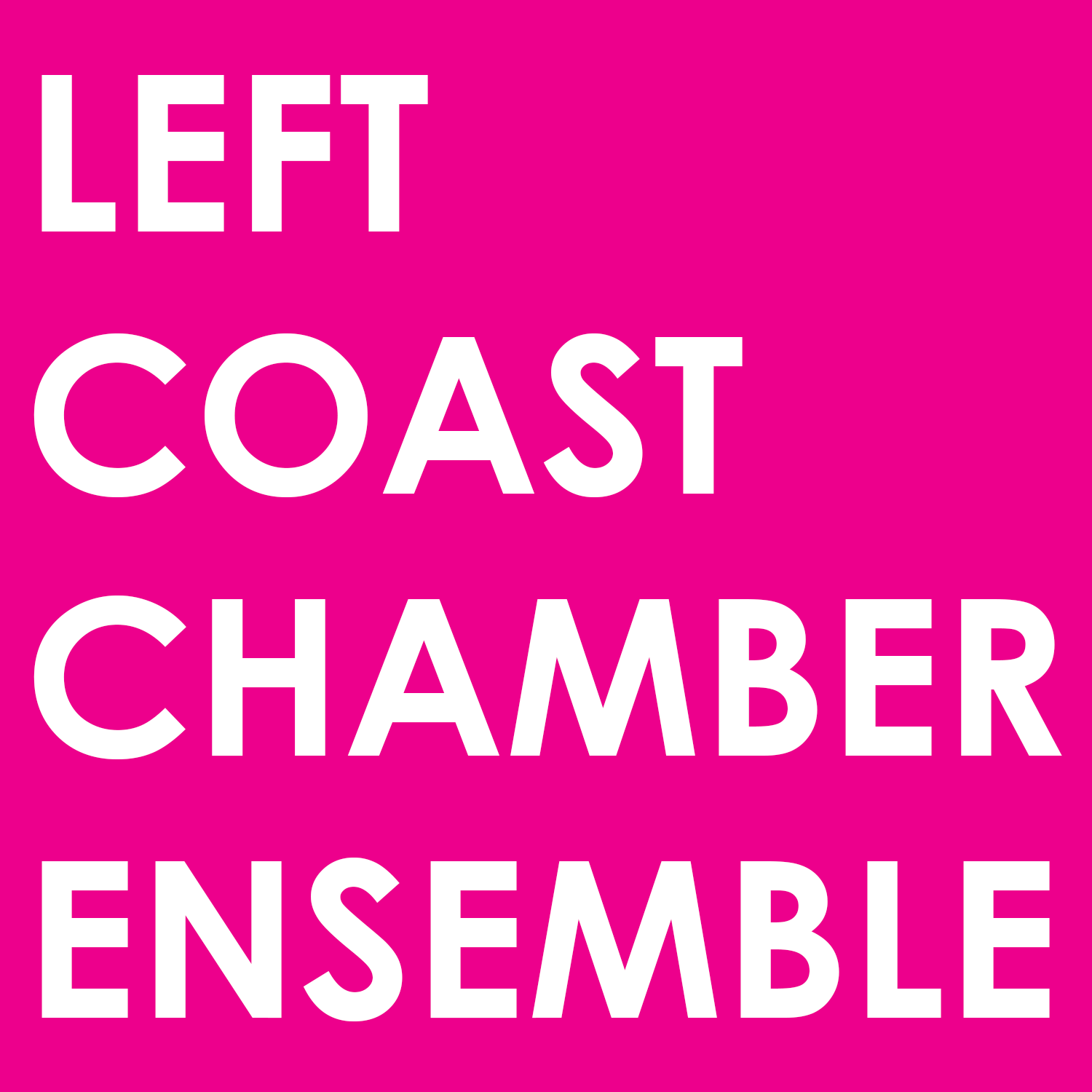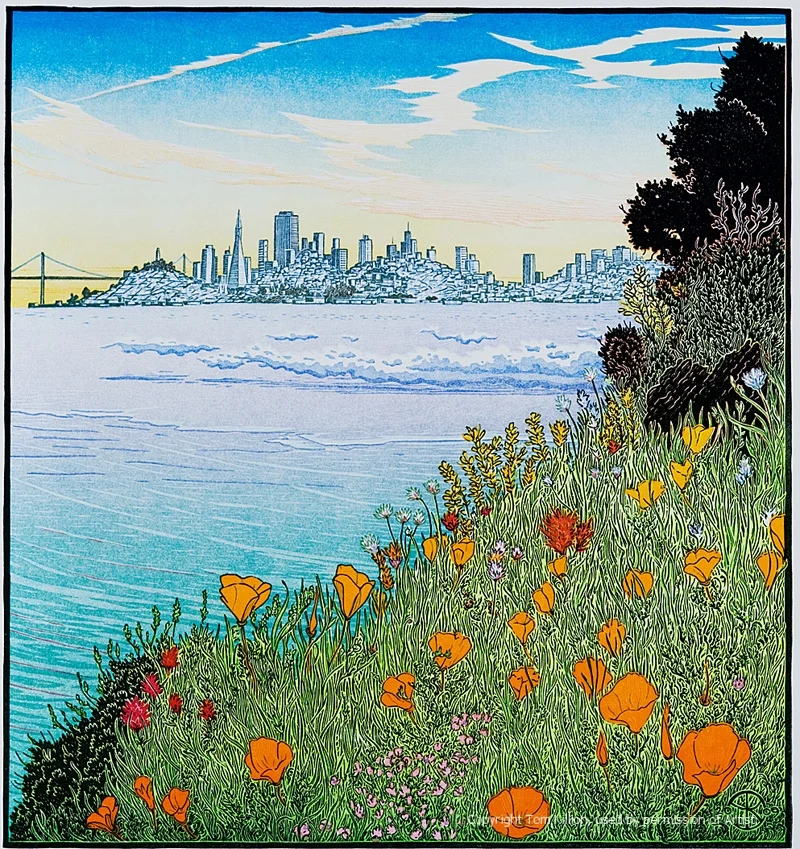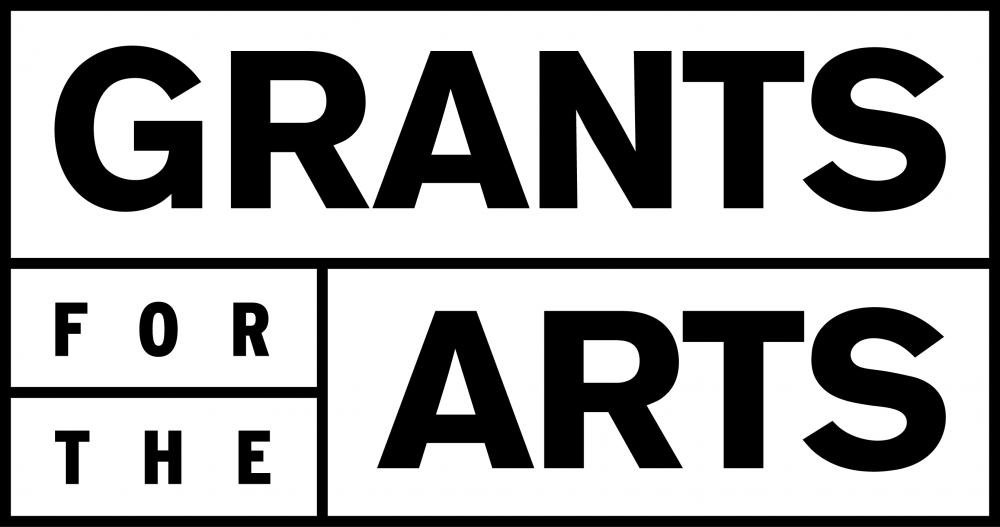A Garland for Weinberg
Mieczysław Weinberg
left to right: Michel Taddei, Kurt Rohde, Phyllis Kamrin
Mieczysław Weinberg Sonata for Clarinet and Piano Op. 28
Mieczysław Weinberg Sonata for Solo Cello, No. 4, Op. 140
Julie Herndon A Tribute to Weinberg WORLD PREMIERE
Stephen Blumberg A Tribute to Weinberg WORLD PREMIERE
Krzysztof Penderecki Leaves of an Unwritten Diary for String Quartet and Double Bass
“The delicate purity of his music points to an indestructible human substance.”
Michel Taddei
We celebrate the distinctive Polish composer Mieczysław Weinberg with a performance of his Clarinet Sonata and new works written in tribute to this neglected musician.
In addition to a performance of his Clarinet Sonata, featuring our very own Jerome Simas, we've added another Weinberg workto the program - his last solo cello sonata, from 1986! We're also thrilled to present world premieres from Stephen Blumberg and Julie Herndon. Their new works pay tribute in unique ways to Weinberg.
And fans of our double bassist, Michel Taddei, will love the rich sound he contributes to Penderecki's bass quintet, Leaves of a Forgotten Diary!
Program notes for Weinberg sonata
Mieczysław Weinberg (1919–1996)
Sonata for Clarinet and Piano, Op. 28 (1945)
Mieczysław Weinberg escaped personal catastrophe three times during his life: when he fled to Belarus just before the Nazis invaded his native Poland in 1939, when they subsequently invaded Belarus in 1941, and finally—by the narrowest of margins—when Joseph Stalin died on March 5, 1953. Had the Soviet dictator lived just a while longer, the unjustly imprisoned Weinberg—his wife’s uncle had been labeled an enemy of the people—might have been executed. But Dmitri Shostakovich interceded, Stalin passed into history, and an officially rehabilitated Weinberg outlived the Soviet Union itself.
Even with Shostakovich’s tireless support, Weinberg never achieved the renown that his indubitably protean gifts warranted. Condemned for modernist leanings in the notorious 1948 resolution that attacked Shostakovich, Prokofiev, and Myaskovsky, he remained a prolific—if underperformed—composer. His catalog eventually included 27 symphonies, 7 operas, 17 string quartets, and a bevy of other works, among which we find a sole Clarinet Sonata, written at the close of World War II.
Given the sonata’s place, time, and composer, listeners might reasonably expect something dark, turbulent, perhaps even shot through with despair. However, the Weinberg Clarinet Sonata is surprisingly equanimous, lyrical, and sometimes even folk-like. That isn’t to say that it lacks drama; big Romantic gestures are definitely to be found, although more as contrasts within the work’s overall melodiousness. Shostakovich’s stylistic influence is pervasive; other echoes include Prokofiev, Bartók, and even Schubert in the lilting opening of the second movement. The finale—an introverted Adagio instead of the usual virtuoso sendoff—channels the spirit of Tchaikovsky in its shifting moods and alternations of major and minor tonality, via a modestly dissonant harmonic language that could be from no era other than the mid-20th century.
--Scott Foglesong
Doors open an hour before concerts. Open seating.
Composer bios:
Julie Herndon is a California-based composer and performer who describes melody and memory using graphics, text, electronics, and improvisation. By modifying, stretching, and transforming song, she creates space for performers and listeners to insert personal identity and content into ever-changing musical structures. Her compositions and installations have been featured in the U.S. and abroad at venues including Artistry Space in Singapore, soundSCAPE in Italy, Hot Air Festival in San Francisco, Megapolis Audio Art Festival in Oakland, and Zen Mountain Cloud Center in New Mexico. Julie is currently composer in residence for Voci women's vocal ensemble and is a doctoral fellow at Stanford University. For more information, visit www.julieherndonmusic.com
Stephen Blumberg’s music has been performed throughout the United States and internationally by soloists including two-time GRAMMY-nominated harpsichordist Jory Vinikour, renowned pianist Sarah Cahill, flutist Laurel Zucker, and percussionist Daniel Kennedy, and by ensembles including the Arditti String Quartet, the Cassatt String Quartet, Earplay, Empyrean Ensemble, Vox-n-Plux, Octagon, Music Now, Citywater, the California Youth Symphony, and the Camellia Symphony Orchestra. His music has been described as “evocatively, colorfully scored…rich, sinuous” (San Francisco Classical Voice); “a deftly-shaped score of streamlined beauty” (San Francisco Chronicle); and “a superb ride…powerful” (Sacramento Bee). Blumberg has received numerous awards including the Walter Hinrichsen Award from the American Academy of Arts and Letters (2004), and the George Ladd Prix de Paris Fellowship (1991-93); he has been the recipient of a MetLife Creative Connections Grant from the Meet The Composer Foundation (2009), and a Subito Grant from the American Composers Forum (2005). Scrabble, for marimba solo, was published by Edition Peters in 2013. His piece, Gyre, appears on Jory Vinikour’s Toccatas: Modern American Music for Harpsichord, which was nominated for a GRAMMY in 2015. Blumberg is Professor of Composition and Music Theory at California State University, Sacramento, where he is also Artistic Director of the Festival of New American Music.
SAN FRANCISCO
SF Conservatory of Music
50 Oak Street, San Francisco [directions]
Monday, October 9, 2017 7:30 PM
BERKELEY
Berkeley Hillside Club
2286 Cedar St, Berkeley [directions]
Sunday, October 8, 2017 7:30 PM
Image credit: Copyright Tom Killion, used by permission of Artist. Tom Killion is a print artist and native of the left coast. He creates stunning woodblock prints of the California coast and much more. The banner image is a detail of "The City from Yellow Bluff".













